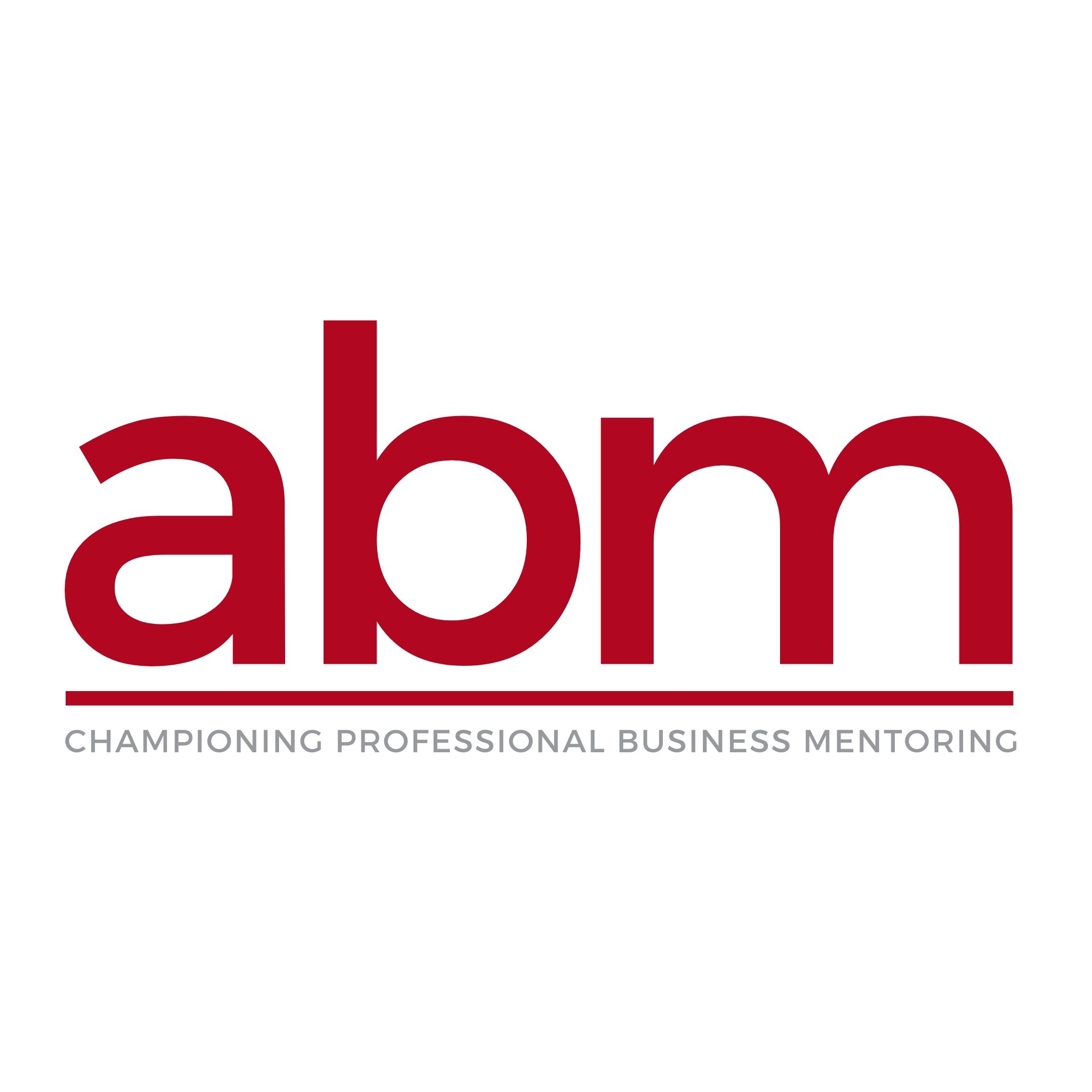If the idea of business planning makes you break out in a cold sweat, or your business plan is more of a historic artefact that you took along to the bank once upon a time now gathering dust on a shelf somewhere – don’t worry, you’re not alone.
According to research by the Centre for Economics and Business Research, over a quarter of business owners say they don’t have a current business plan.
However, without a plan, a business is running without basic objectives, revenue targets or a plan to manage the all important cash flow. As the adage goes, if you don’t know where you’re going, you’re never going to get there – and you’re likely to run into obstacles and setbacks along the way.
What we do know is that the most successful businesses do have a plan. According to the CEBR’s research, more than 51% of the best performing small businesses in the UK are following a detailed business strategy. 70% of these avid planners expect to see increased revenue growth as a result of developing and implementing their plans.
So, now that we’ve established that you need a plan to give your business the best chance of success, where do you start?

Business mentor Gary King shares his advice:
“A business plan is simply an articulation of where you want your business to go and what success looks like, an explanation of your vision and reason for existing, if you like. It should be capturing the strategies you will use to get to where you want to be and what measures you will have in place to track your success.”
The format of your plan needs to suit you and the way you intend to use it. A bank manager or investor may want to see a more formal, detailed plan for example – but that doesn’t mean you need to refer to the same type of plan if you prefer to do it differently.
Some people write ideas and objectives on individual sheets or post-it notes and stick them on a wall, where they can see them day-to-day.
Others like to have a comprehensive, formal spreadsheet plan that they update on a regular basis – the advantage here is that it’s usually ready to take to investors or use to apply for funding fairly quickly.
Gary has an effective method that he uses with lots of small businesses:
“The single page plan that I use with business owners, makes the planning process less daunting and more manageable as well as visual. Having it on one page means that you can see everything at a glance and it is dynamic and agile to help respond to changing market conditions.”
If you prefer to go paperless and like having your plans to hand wherever you go, a there are also lots of apps and web resources to help you plan on the go.
Having a current business plan will help to reduce your stress levels too – being aware of your business’s weaknesses and threats means that you’ll be prepared for most obstacles that come up, and you’ll be ready to use your strengths to make the most of opportunities as well.
However you prefer to plan, the important thing is to get started and then keep doing it. Make it a monthly or quarterly habit, and you’ll see much greater results.
Good luck!
Source: Research undertaken by the Centre for Economics and Business Research (Cebr) on behalf of npower Business, November 2015


